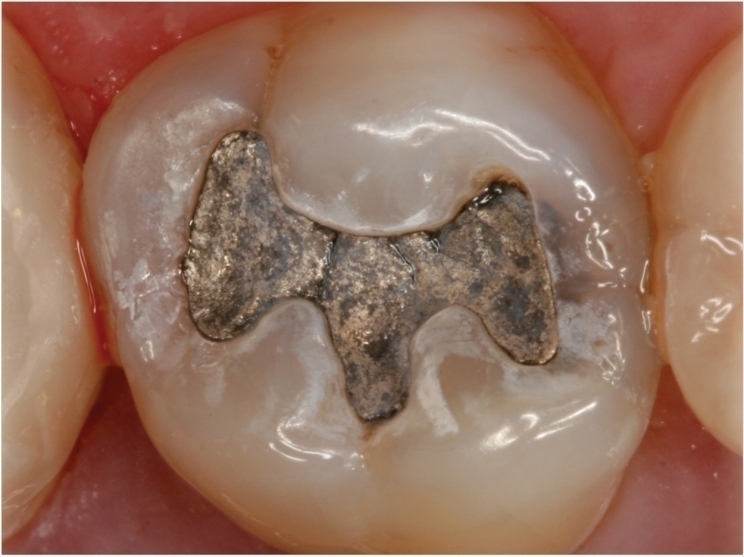
BDA Northern Ireland has urged the European Commission to reconsider its plan for a full phase-out of amalgam by 2030. The organization believes that a phase-down, rather than a phase-out, is the only viable way forward that can avoid destabilizing health systems already under considerable strain and exacerbating health inequalities.
A report by the European Commission to the European Parliament and Council says that the phase-out of dental amalgam, which is the largest remaining intentional use of mercury in the European Union, “is technically and economically feasible before 2030.”
Even though the United Kingdom has left the European Union, under the Northern Ireland Protocol, European proposals on amalgam would apply to Northern Ireland but not to England, Scotland, or Wales.
Alongside the Council of European Dentists and the FDI World Dental Federation, BDA Northern Ireland said that it supports a phase-down approach to dental amalgam use.
However, BDA Northern Ireland said, dentists must continue to have the full range of restorative materials at their disposal and that at present, there is no direct replacement for amalgam for durability, cost-effectiveness, and ease of use.
Alternative materials also are much less extensively researched for their impact on the environment and direct effects on human health, BDA Northern Ireland said.
COVID-19 has dramatically altered the dental landscape, BDA Northern Ireland continued, meaning that the feasibility study undertaken before the pandemic must be reviewed in respect of the different context that dentistry finds itself in.
A phase-down, not phase-out, of dental amalgam is the only viable way forward, BDA Northern Ireland said. This would avoid destabilizing health systems already under considerable strain, the organization continued, and exacerbating health inequalities.
BDA Northern Ireland also said that it wants to see an increased focus on prevention as well as additional research into mercury-free alternative materials.
Further, BDA Northern Ireland said that it is concerned about many aspects of the feasibility study undertaken by Deloitte that underpins the basis of these phase-out proposals, not least the data being incomplete.
Any move to phase out dental amalgam as a low-cost restorative material will have the greatest impact on those most disadvantaged patients, increasing inequalities, BDA Northern Ireland said.
These issues go to the heart of the right to access affordable healthcare and must be properly considered in a full impact assessment, BDA Northern Ireland said, adding that its response urges the European Union to take a more considered phase-down approach to what is largely an environmental issue.
Regardless of what happens, BDA Northern Ireland said, this serves as an important reminder of the need for governments closer to home to step up in prevention. The organization said it will continue to liaise with officials to mitigate any impact of these developments on the profession.
Related Articles
EPA Advising Pennsylvania Dentists About Amalgam Rule Compliance
Alternative Dentistry, Snake Oil, and Anti-Science
FDA Infographics Advise Patients About Amalgam Risks











